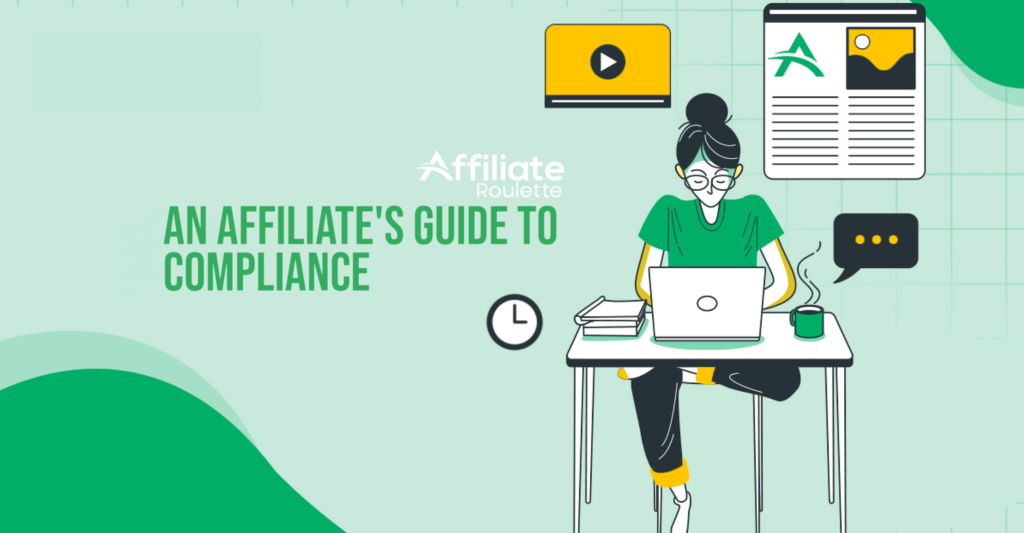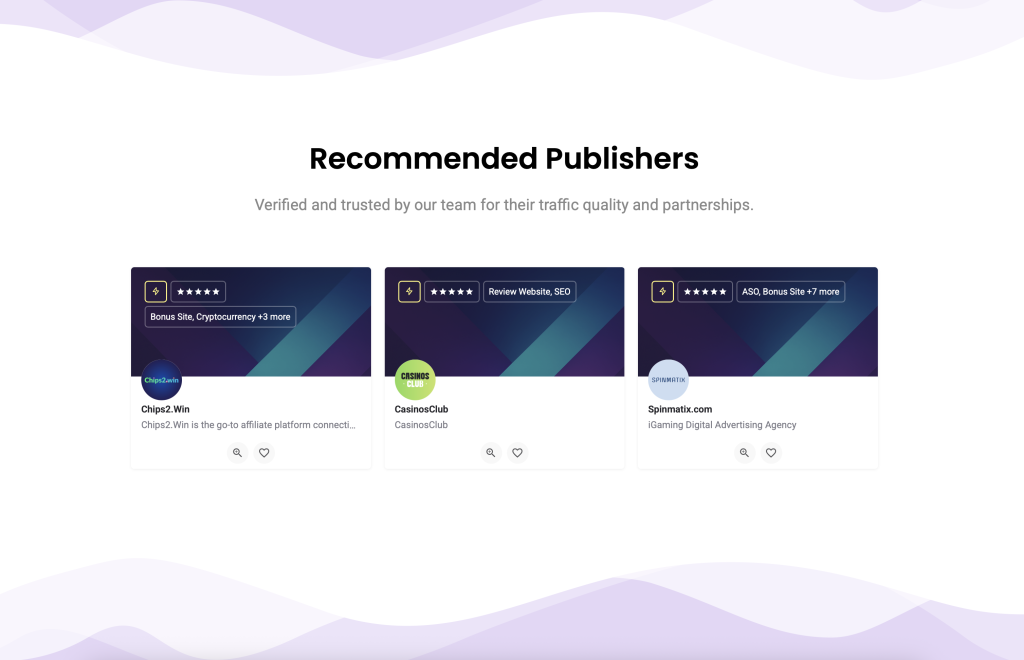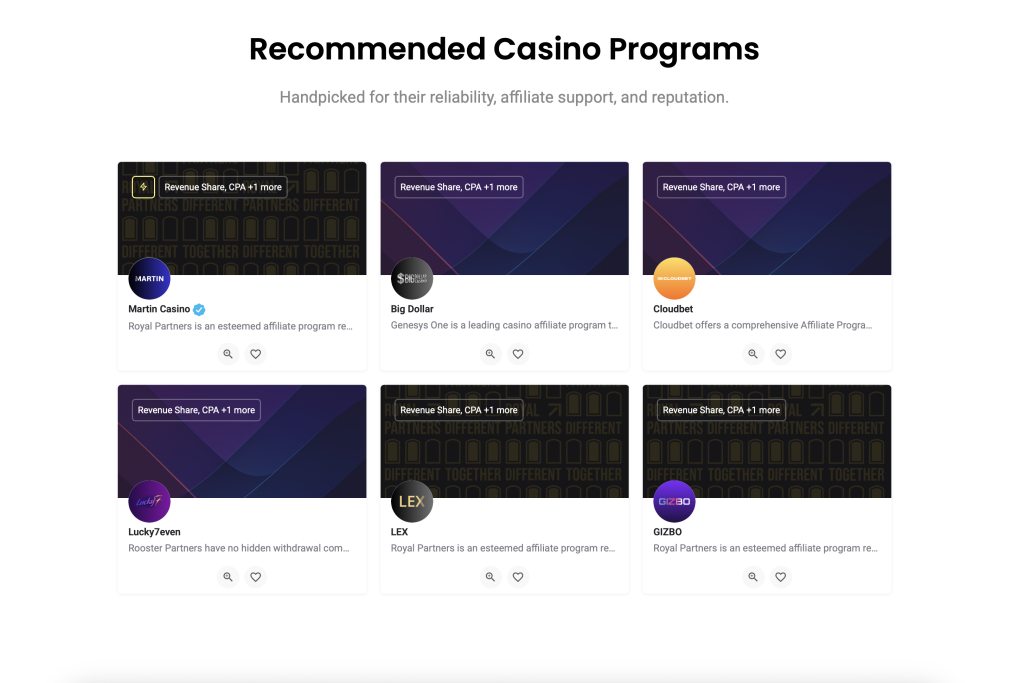Navigating the Regulatory Waters of iGaming: An Affiliate’s Guide to Compliance

The Role of Regulation in iGaming: Why Affiliates Should Care
The world of iGaming, with its flashing slots and gripping sports bets, isn’t just fun and games. Behind the scenes, an intricate web of regulations governs this industry, ensuring fair play, protecting players, and curbing illegal activities. But why should an affiliate, primarily tasked with marketing, care about these rules? Let’s dive in.
Understanding iGaming Regulations
iGaming regulations are sets of rules formulated by authorities to oversee the operation of online casinos, sportsbooks, and other gambling activities. These rules vary across countries and states, influenced by the local cultural, economic, and social landscapes. They touch on aspects like licensing, advertising standards, player protection, and game fairness.
The Affiliate’s Stake in Regulation
At first glance, affiliates might seem removed from these regulations. After all, they aren’t the ones directly offering the games or taking bets. However, their role as promoters brings them into the regulatory spotlight for various reasons:
- Advertising Standards: Many jurisdictions have strict guidelines on how gambling can be advertised. Misleading promotions, guarantees of wins, or targeting minors can lead to heavy penalties. Affiliates must ensure their marketing strategies align with these standards.
- Reputation: Promoting non-compliant or blacklisted operators can severely damage an affiliate’s reputation. Players trust affiliates to guide them to legitimate platforms. Breaching this trust can have long-term implications for an affiliate’s credibility and success.
- Legal Implications: Affiliates who flout advertising standards or promote unlicensed platforms can face legal consequences, including fines or bans.
- Financial Impacts: Partnering with non-compliant operators can result in monetary losses. If an operator faces legal action or is shut down, the affiliate might lose out on commissions or even face financial penalties themselves.
Staying Ahead of the Regulatory Curve
For an affiliate, staying compliant isn’t a one-time task. As markets evolve, so do their regulations. Here are some steps affiliates can take:
- Research: Before partnering, research the operator’s licenses and regulatory track record. Platforms like the UK Gambling Commission or the Malta Gaming Authority often list licensed operators and any sanctions or violations.
- Continuous Learning: Affiliates should periodically update themselves on regulations in the markets they target. Joining affiliate forums, attending iGaming conferences, or subscribing to industry news outlets can be invaluable.
- Transparency: Always be transparent with your audience. Clearly mention affiliate relationships and ensure promotions or claims are accurate and not misleading.
- Seek Legal Counsel: If unsure, seek advice from legal experts familiar with iGaming regulations in the relevant jurisdiction.
Conclusion
In the dynamic realm of iGaming, where the stakes are high and the rewards even higher, regulation plays the dual role of protector and enforcer. For affiliates, understanding and respecting these regulations is the bedrock of sustainable success. By keeping their fingers on the regulatory pulse and operating within the bounds of the law, affiliates can ensure their journey in the iGaming world is both profitable and above board.
Comments
You must be logged in to leave a review.


